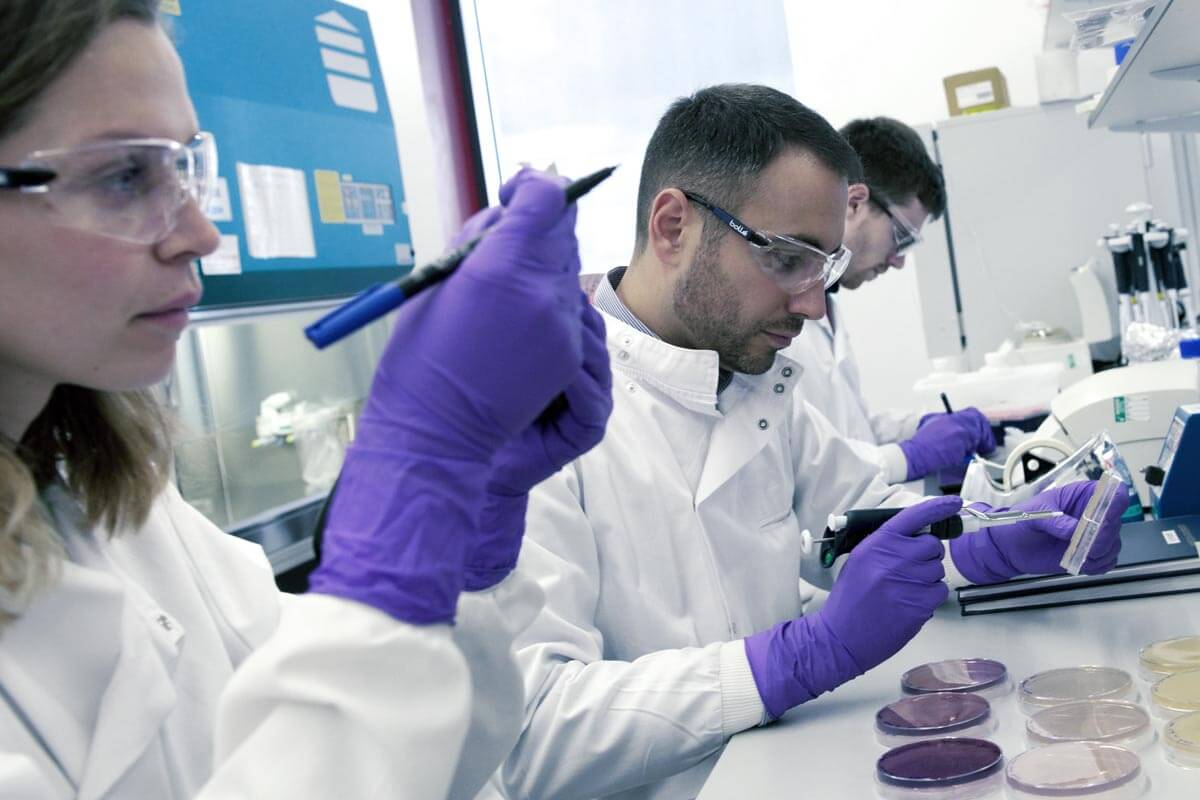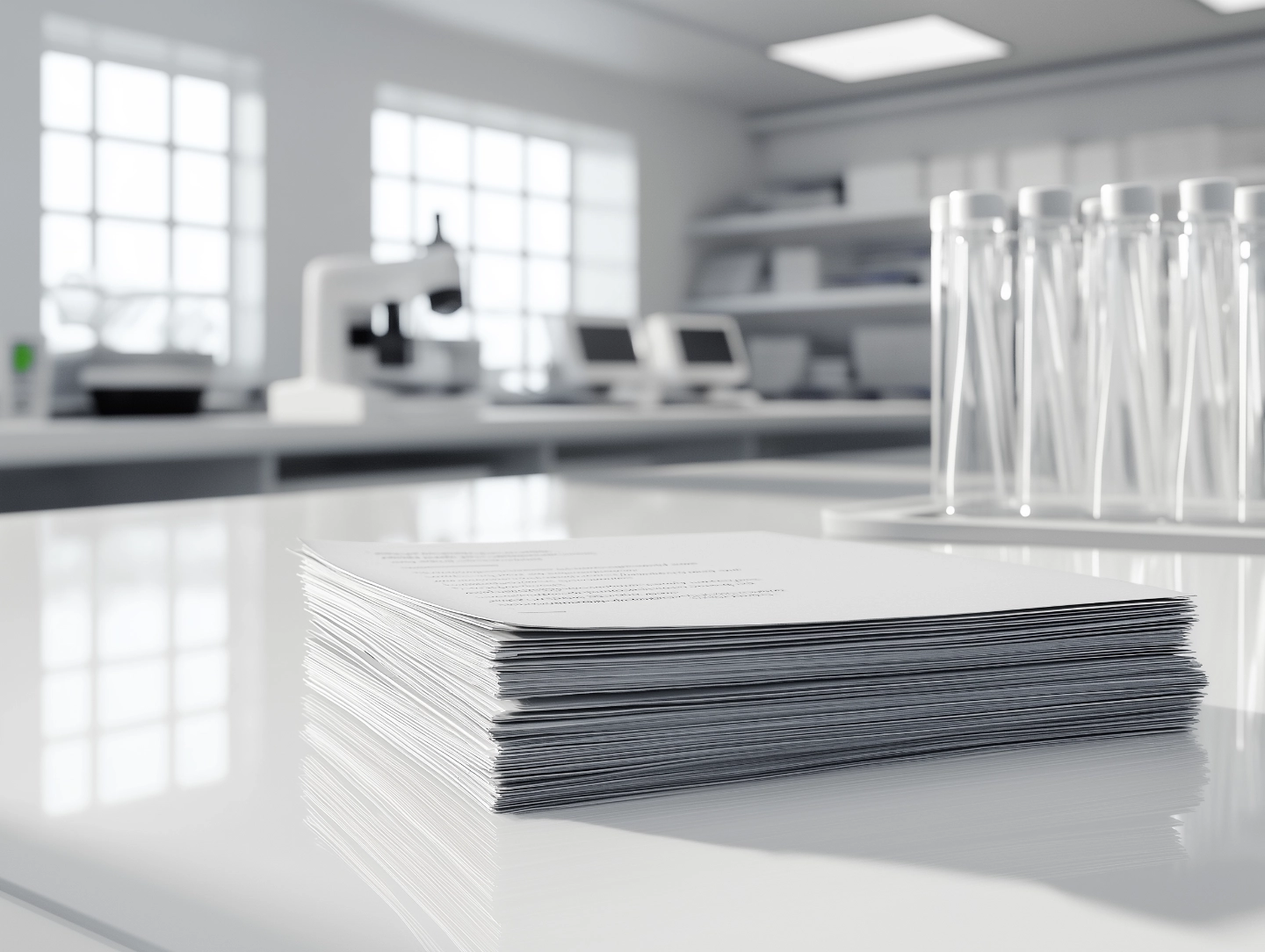Enzymes & Personal Care
Unlock your product potential with our unrivalled expertise in developing recombinant protein production systems. Leveraging a wide array of prokaryotic and eukaryotic expression platforms, we have a proven track record of overcoming productivity barriers for some of the world’s leading consumer product and chemical manufacturers. Our tailored solutions, from enzyme applications in detergents and prebiotics to proteins for food and personal care, make us your ideal partner. We can support you by providing sample protein material for testing to help you identify the best candidates, or by fully developing a scalable biomanufacturing process tailored to your protein target.
You can read more about our expertise and success stories below.



